How To Track The Location Of Someone's Cell Phone

Urgent concerns are rising about the unauthorized tracking of cell phone locations. Individuals must understand the methods used and legal ramifications involved.
This article provides an overview of how cell phone location tracking works, focusing on readily available methods and stressing the importance of ethical and legal considerations. We aim to equip readers with critical knowledge to protect their privacy and avoid potential legal pitfalls.
Methods of Cell Phone Location Tracking
Several methods exist for tracking a cell phone's location. These range from built-in device features to third-party applications.
Using Built-in Features
"Find My" services on iOS and similar features on Android devices are designed to locate lost or stolen phones. These require prior setup and often user consent. The accuracy can vary depending on signal strength and GPS availability.
Leveraging Mobile Carrier Services
Mobile carriers possess the capability to track devices connected to their network. They can utilize this for emergency services or with valid court orders. The precision depends on the network infrastructure and triangulation techniques.
Exploiting Third-Party Apps
Numerous third-party apps claim to offer phone tracking capabilities. Some are legitimate parental control tools, while others are disguised as monitoring software. Always verify the app's permissions and user reviews before installation to avoid malware.
Legal and Ethical Considerations
Tracking someone's cell phone without their knowledge or consent is often illegal. Laws vary by jurisdiction, but generally, it violates privacy laws. Always obtain explicit permission before tracking another person's device.
Federal and state laws, such as the Electronic Communications Privacy Act (ECPA), impose strict regulations. Violations can result in hefty fines and even criminal charges. Ensure compliance with all applicable laws to avoid legal repercussions.
Ethical considerations are paramount. Even if legal, tracking someone without their awareness breaches trust and respect for their personal boundaries. Prioritize open communication and seek consent whenever possible.
Protecting Your Privacy
You can take steps to minimize the risk of unauthorized tracking. Review app permissions regularly and disable location services when not needed. Use strong passwords and enable two-factor authentication for added security.
Be cautious about clicking on suspicious links or downloading apps from untrusted sources. These can contain malware designed to track your device. Regularly update your phone's operating system and security software.
Consider using a VPN to encrypt your internet traffic and mask your IP address. This can help prevent your location from being tracked through network monitoring. Also, routinely check your phone’s location settings and history to identify any unauthorized access or tracking attempts.
The Risks of Stalkerware
Stalkerware is a type of software used to secretly monitor someone's device activity. It operates in stealth mode and is often installed without the user's knowledge or consent. Detecting and removing it can be challenging but is crucial for safety.
Symptoms of stalkerware include unexplained battery drain, unusual data usage, or unfamiliar apps on your device. Run regular anti-malware scans and inspect your device for suspicious activity. If you suspect stalkerware, seek professional assistance immediately.
Victims of stalkerware should document the abuse and report it to the authorities. There are resources available to help you safely remove the software and protect yourself from further harm. Remember, you are not alone, and help is available.
Next Steps and Ongoing Developments
Ongoing efforts are focused on strengthening privacy laws and raising awareness about the dangers of unauthorized tracking. Technology companies are developing more robust security features to protect users' location data. Staying informed about these developments is crucial for maintaining your privacy.
If you suspect that you are being tracked without your consent, consult with a legal professional. They can advise you on your rights and help you take appropriate action. Reporting the incident to law enforcement may also be necessary.
Protecting your privacy requires constant vigilance and proactive measures. By understanding the methods used for cell phone location tracking and the legal and ethical implications involved, you can take steps to safeguard your personal information and prevent unauthorized access.
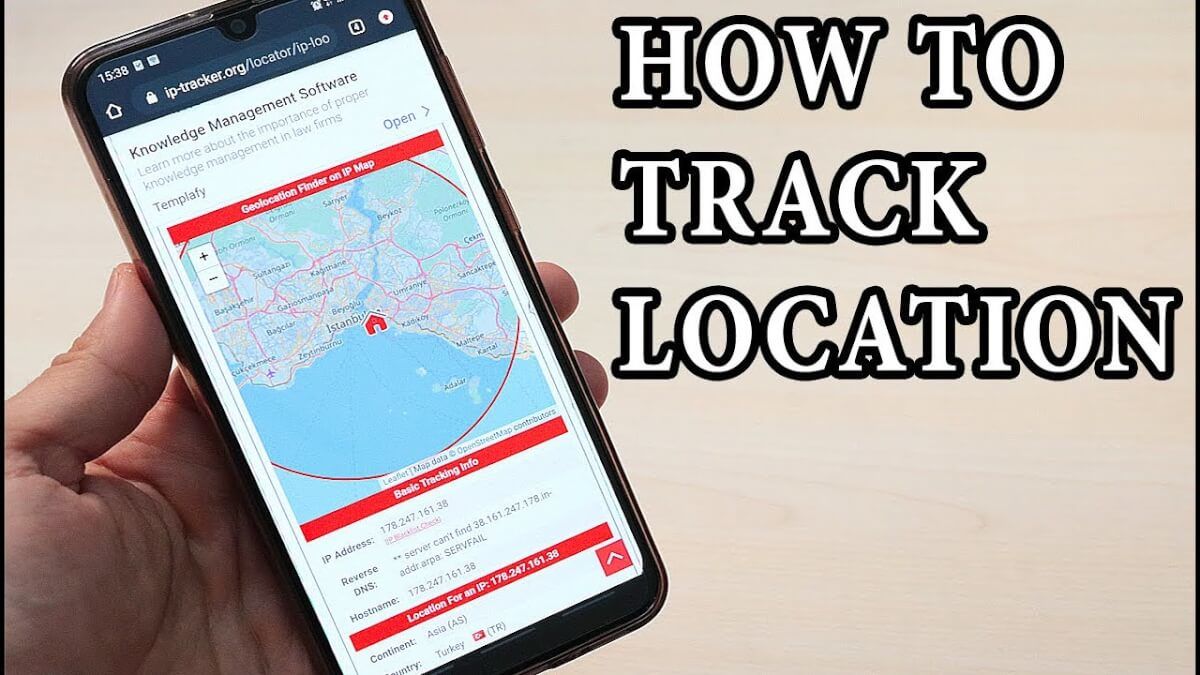

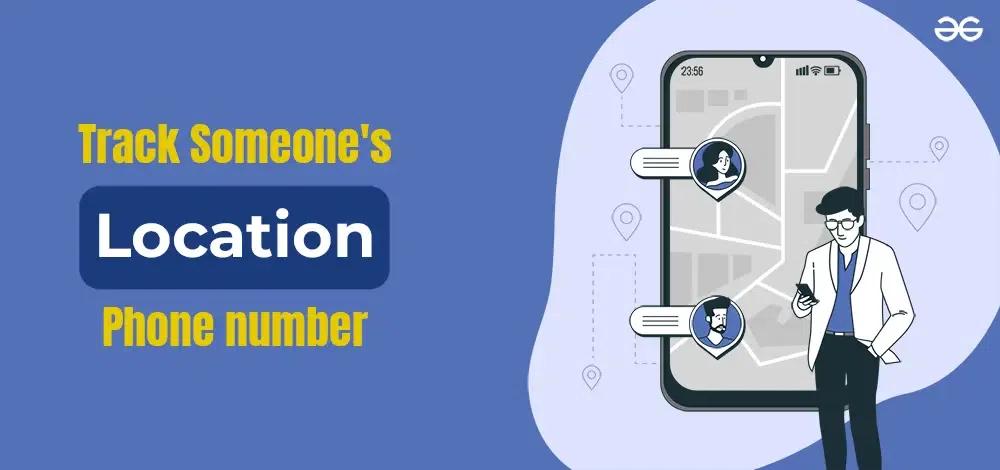
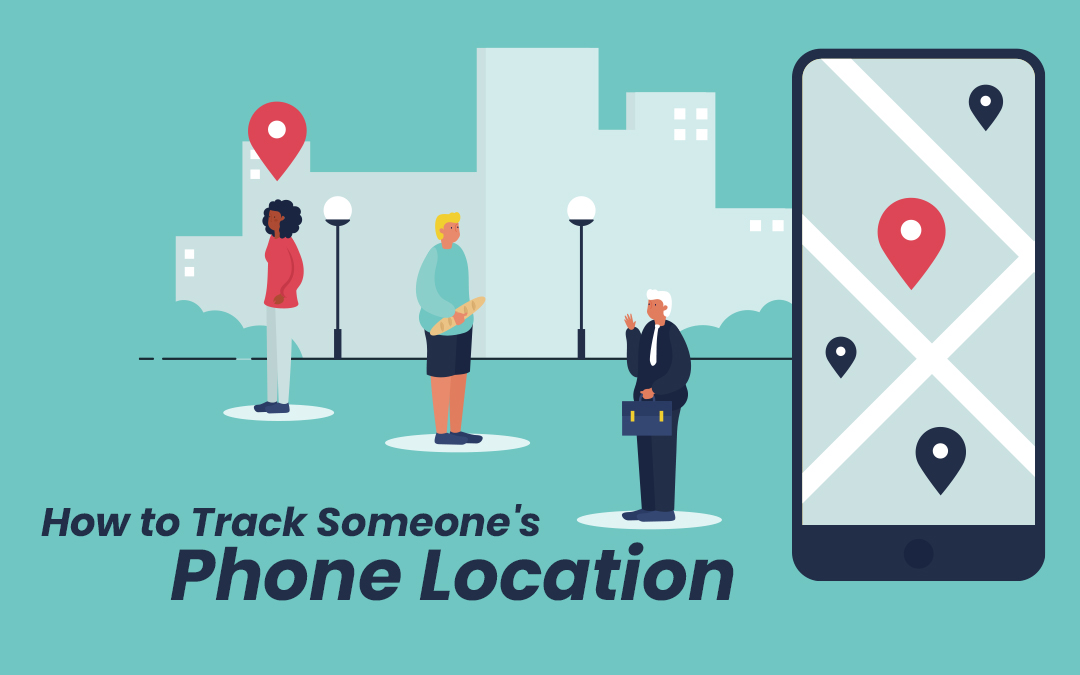


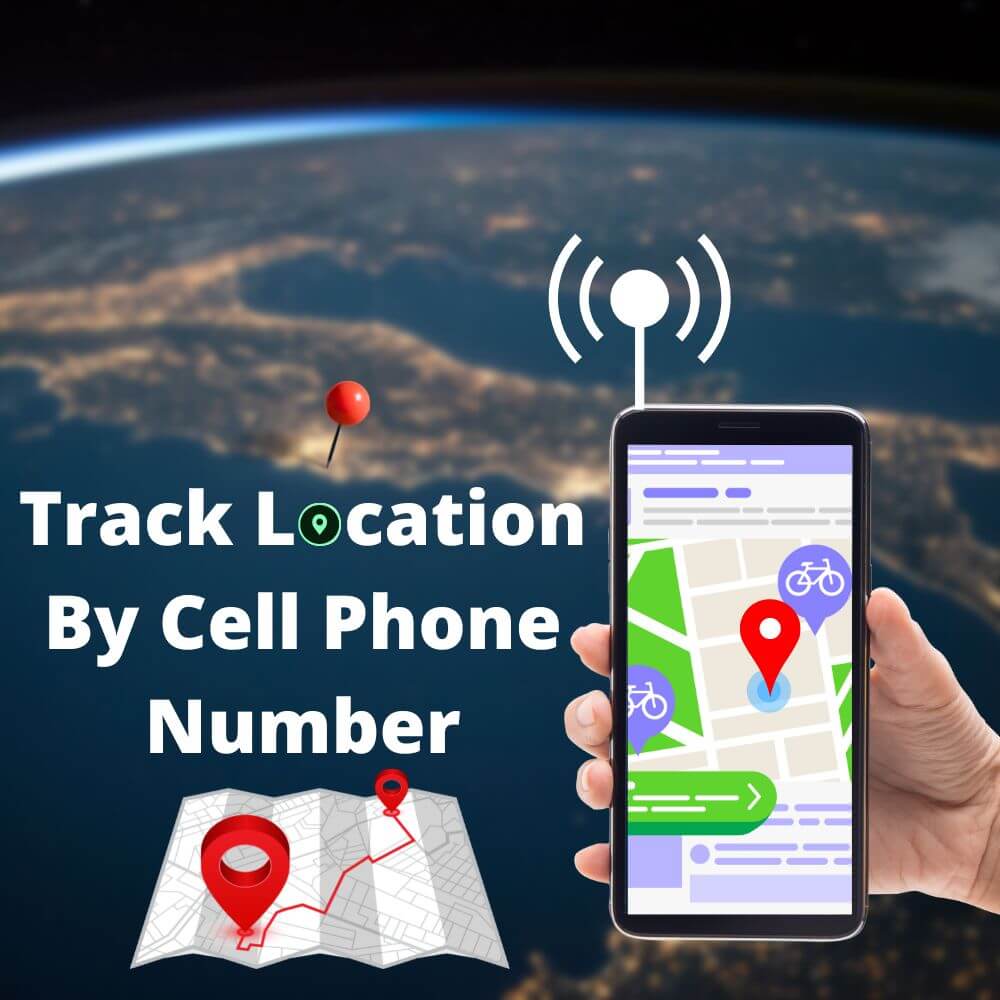





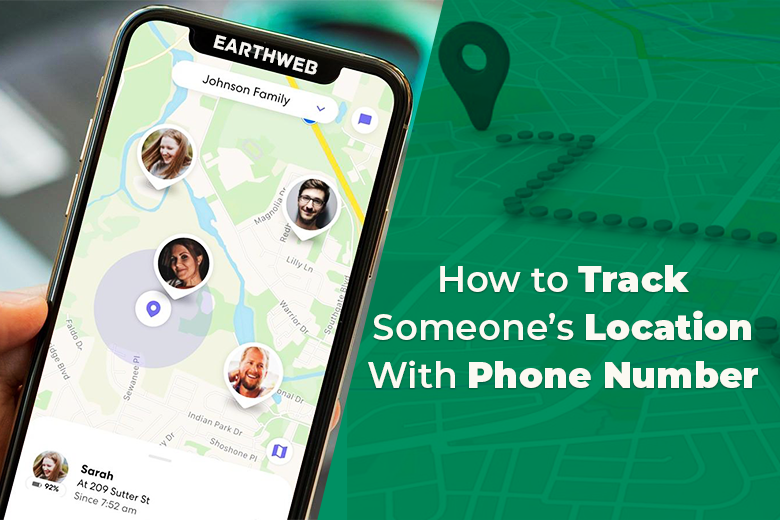

![How To Track The Location Of Someone's Cell Phone Top 10+ GPS Trackers For 2025 [All-purpose Best Sellers]](https://www.softwaretestinghelp.com/wp-content/qa/uploads/2022/01/How-to-Track-Someones-Location-with-Phone-Number.png)
